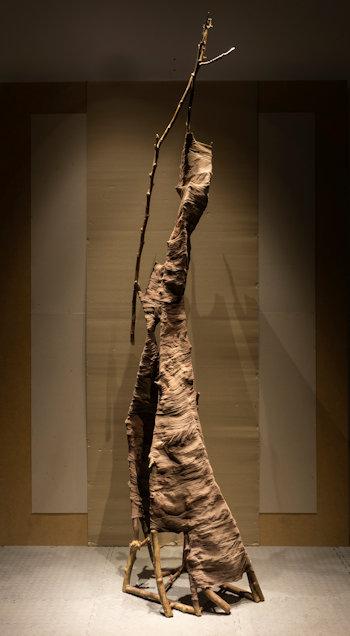 My father-in-law in Pittsburgh sent money for Teta Draga’s gravestone at his cousin Nikola’s request, large bills hidden in a small envelope, the way it had to be back then, in communist Yugoslavia. The woman had raised him after his own mother abandoned her bastard child for America and a loveless marriage. She gave him a coin and sent him to the movies—a five-year-old boy. He didn’t see her for twenty more years. That’s another story, written in code on those crisp bills from the bank.
My father-in-law in Pittsburgh sent money for Teta Draga’s gravestone at his cousin Nikola’s request, large bills hidden in a small envelope, the way it had to be back then, in communist Yugoslavia. The woman had raised him after his own mother abandoned her bastard child for America and a loveless marriage. She gave him a coin and sent him to the movies—a five-year-old boy. He didn’t see her for twenty more years. That’s another story, written in code on those crisp bills from the bank.
Two hours outside Zagreb, my wife and I got off the pokey train in Zlatar, the smudge of a dusty village of two thousand. Nikola and his wife Marta stood at the station to greet us. Wide and wrinkled and dazed with drink, Nikola looked like a cartoon after a safe had fallen on him. One day, his students at the village school carried him home drunk on their shoulders and he never taught again.
Maybe I’ve given it all away here. Like my father-in-law, who had asked my wife and I to take a picture of the gravestone, since he himself was too frail to travel to what he still called home.
*
We kept asking about it. They kept pretending not to understand. The day before we left, my wife said we’d find the grave ourselves, and she started down the dirt road to the cemetery. They caught up. “We’ll help you find it,” Marta said. Out of breath. We walked the rest of the way in the scuffed silence of our American shoes.
Of course, no gravestone, and he’d drunk the money. We wandered, searching the names, the dates. Finally, Marta said, “It’s around here somewhere,” and gestured to a vague area on the edge where trees rose to create shadow. Another safe landed on Nikola, his helpless smile further compressed. We had brought flowers to put on her grave, that’s how clueless we were.
My father-in-law was allowed to come to America at age twenty-seven to find his mother and the steelworker she married and the two daughters they had together. They let him sleep on the couch until they kicked him out.
*
Teta Draga never married. Raised the boy. Fed her chickens. Kept her fire going in her peasant’s shack, hauling well water in buckets.
My wife stood with the flowers. Me, I might’ve thrown them in their faces. But I had not grown up with the generous stories and the generous father who shared the little he had, who took in the steelworker when he was dying after his mother had kicked him out too.
She gently set the flowers down on the bare ground in hopeful proximity to where Teta might be. We stood in the graveyard. She held the fragrant flowers. She shed her father’s tears, and they turned to stone.
__
Jim Daniels’ latest book, The Luck of the Fall, fiction, was published by Michigan State University Press. Recent poetry collections include The Human Engine at Dawn, Wolfson Press, Gun/Shy, Wayne State University Press, and Comment Card, Carnegie Mellon University Press. His first book of nonfiction, Ignorance of Trees, is forthcoming from Cornerstone Press. A native of Detroit, he currently lives in Pittsburgh and teaches in the Alma College low-residency MFA program.

5 comments
gary fincke says:
May 14, 2024
this is so good in so many ways
Gil Frank says:
May 30, 2024
I felt it all along like in these sentences “My wife stood with the flowers. Me, I might’ve thrown them in their faces. But I had not grown up with the generous stories and the generous father who shared the little he had, who took in the steelworker when he was dying after his mother had kicked him out too”.
KRM says:
Jun 3, 2024
Thought-provoking, the way past and present intertwine.
Kenny says:
Jun 3, 2024
Was a bit of work to read, to make sense of, but wonderful in the end!
The Wray Hotel says:
Jul 15, 2024
What a poignant and beautifully written tribute. Tete Draga’s story is both heartwarming and heart-wrenching, capturing the essence of a life filled with love, resilience, and profound impact on those around her. The vivid descriptions and personal anecdotes bring her spirit to life, making readers feel connected to her legacy. Thank you for sharing such a touching memorial; it’s a powerful reminder of the lasting impressions our loved ones leave behind.